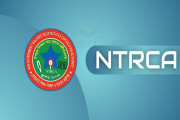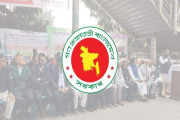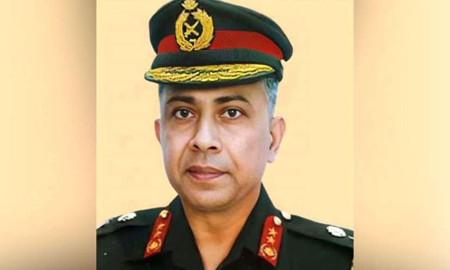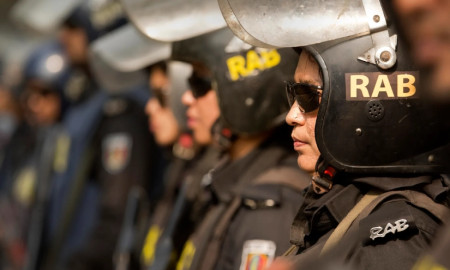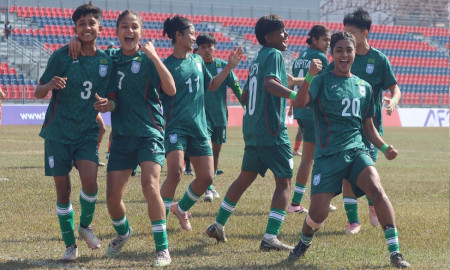DU Administration Addresses Complaints from DUCSU Election Candidates in Four Key Points
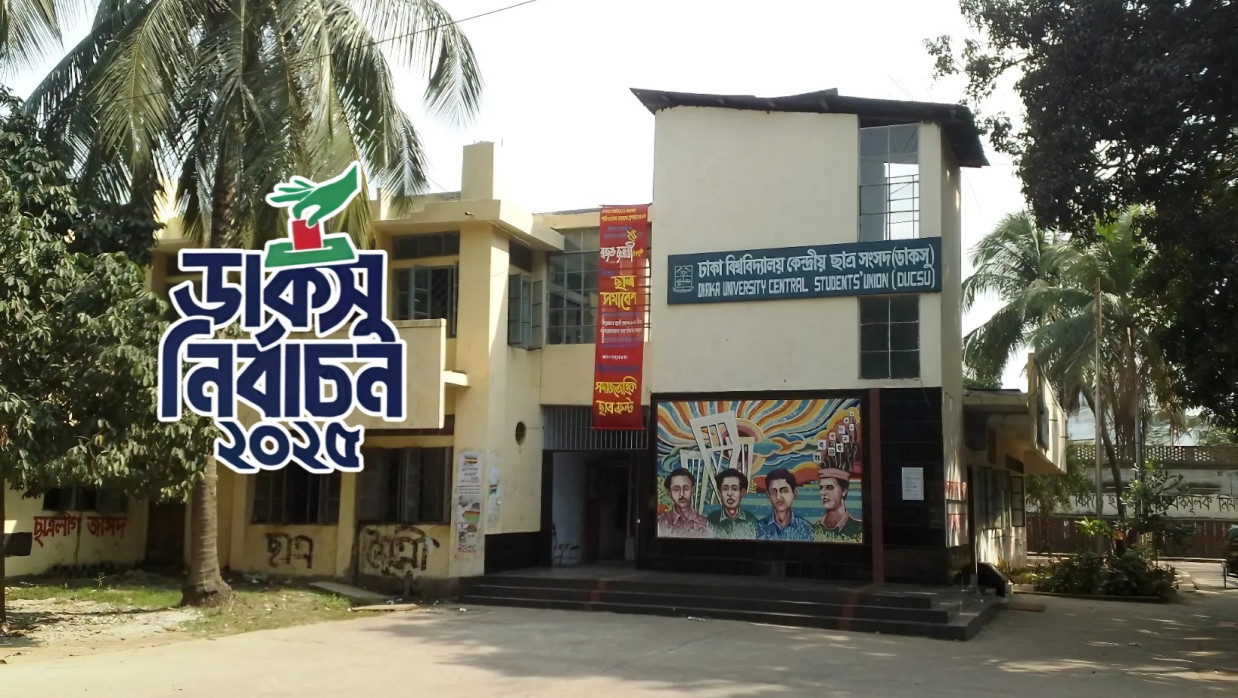
The University of Dhaka (DU) administration has issued a detailed clarification regarding applications and complaints filed by candidates following the 2025 DU Central Students' Union (DUCSU) and hall union elections. In a notice signed by Farrukh Mahmud, Deputy Director of the university's Public Relations Office, released on Wednesday (September 24), the administration outlined its stance on allegations raised by candidates including Umama Fatima (joint vice-president candidate from the Students' Unity Panel), Abidul Islam Khan (backed by Chhatra Dal), Abdul Kader (from Anti-Discrimination Students' Movement), and others.
The notice states that all submitted applications and petitions related to the DUCSU and hall union elections have been thoroughly reviewed and analyzed. Where applicable, legal opinions were sought to ensure accuracy. Based on internal observations, reviews, analyses, and advice from the university's lawyers, each application will be evaluated individually, with responses provided separately to the concerned parties.
However, in response to certain allegations aired at a press conference organized by a student organization on Monday (as learned through media reports), the administration deemed it appropriate to address two specific issues immediately. It emphasized that while comprehensive replies will follow, these points warrant early clarification.
First Point: Access to CCTV Footage
The administration noted that several applicants have demanded full access to CCTV footage recorded and preserved on election day. This matter has been carefully reviewed, including consultations with expert lawyers. CCTV footage is not considered a public document.
The university views such footage as a preserved asset held by the administration, which can be used as supporting evidence or documentation in any significant election-related matters. However, many applications were found to be vague, lacking specifics on why, for which time period, or regarding which incidents the footage is needed.
In several cases, applicants posed broad, non-substantive questions covering wide areas without pinpointing any concrete allegations. Nevertheless, if any candidate submits a proper application specifying a particular time or relevant incident for review, they will be allowed to view the footage at a designated university location in the presence of nominated experts or officials, following due process.
Second Point: Request for Signed Voter Lists
The second concern involves demands for signed lists of voters who cast ballots. The DU administration and election authorities consider this a highly sensitive and confidential (private) document. The DUCSU election rules do not provide for sharing copies of such lists.
Thousands of students visited polling centers, provided preliminary information, collected ballot papers, and signed these lists, making them extremely confidential. They are not public documents.
To protect student safety and privacy, the administration does not deem it appropriate to disclose them. Moreover, the applications failed to specify why the lists are needed, for what purpose, or how they would serve any objective. In light of these vague and unsubstantiated requests, the authorities regretfully expressed inability to provide copies of such critical lists.
Third Point: Confidentiality of Ballot Paper Printing Vendors
The administration confirmed that the identities of institutions or vendors responsible for printing ballot papers were deliberately kept confidential—a standard practice to ensure integrity. It assured that the task was awarded to a reputable, experienced firm through a competitive bidding process in full compliance with regulations.
Post-printing, the vendor cartoned the ballots in specified quantities, pre-scanned them for machine readability using OMR (Optical Mark Recognition) machines, and supplied them in sealed packets. The notice clarified that printing ballots compatible with OMR scanning cannot be done at any local print shop in Nilket.
The entire process maintained strict confidentiality, leaving no room for tampering. Ballot printing is a specialized procedure, with rigorous oversight at every stage, including monitoring by the Election Commission. Upon receipt from the printing firm, returning officers or center heads signed off on the ballots before distribution to voters.
Additionally, no complaints were raised by candidates' polling agents, observers, journalists, or others before, during, or after the election, or at the time of counting. Ballot boxes were inspected and verified empty before sealing prior to voting. No discrepancies were observed between distributed ballots and cast votes.
The administration stated that any mismatch between received ballots and cast votes, or related complaints, would have prompted immediate action—but none occurred. Therefore, it sees no basis for allegations regarding ballot printing raised two weeks post-election.
Fourth Point: Ongoing Review and Next Steps
Finally, the university administration has already completed examinations and audits of all applications, petitions, and complaints. Decisions and responses will be communicated to each party in due course.
This clarification comes amid ongoing tensions following the DUCSU elections, highlighting the administration's commitment to transparency while safeguarding electoral integrity and student privacy.

